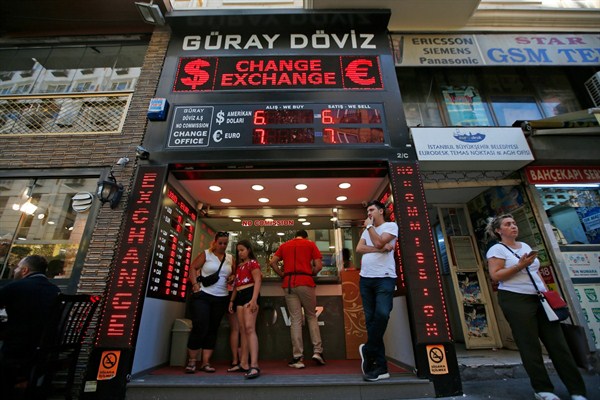Governments in emerging markets should be forgiven if they are dealing with a case of crisis fatigue. For 10 years now, they have lurched from one financial mess to another, triggered largely by external events and decisions outside of their control. Things are once again getting messy as global investors have soured on Argentina, Turkey and Indonesia, among other emerging market economies, causing their currencies to crash.
As troubles have developed in one country after another late this summer, some observers have been careful to point out that the causes of the individual economic crises are very different. Don’t jump to the conclusion that the crises are becoming contagious, they argue. Turkey is not the same as Argentina, just as Indonesia’s problems are distinct from India’s issues. The fundamental insight of this argument—to not oversimplify complex events—is both important and correct. These cases are distinct in many key ways.
Yet it is impossible to understand the challenges facing emerging markets today in isolation from one another. The nature of the global financial system, within which their national financial systems are embedded, constrains governments’ ability to fully control the fate of their own economies. Their fortunes are not completely independent of one another.

